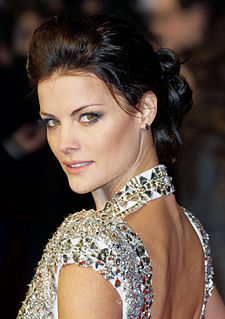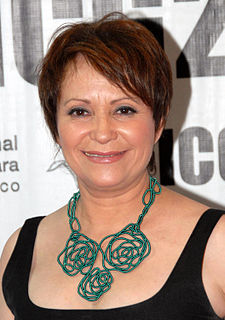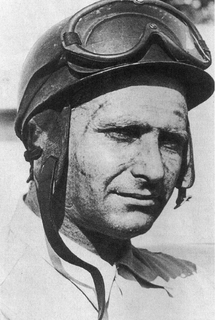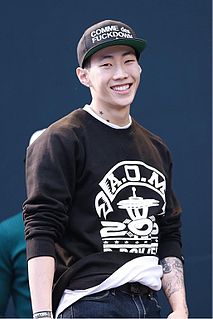A Quote by Daniel Kehlmann
Also, whenever you have direct speech, and I don't quite know why, but it always gets better in English. Dialogue, the flow of dialogue, English just has a better way with it.
Related Quotes
It's kind of a cross between, I think. It's not, you know, over the top Old English, like Lord of the Rings would be or something like that, but there is a very sophisticated air about the Asgardians[?], you know, in their dialogue, and - hold on. Okay. Um, and I'm doing an English accent in the movie.
I believe I'm very conscious of exactly what I'm doing. I'm auditioning lines of dialogue, and I'm interrogating whether the lines would translate from Russian into English the right way. The English that results can perhaps seem somewhat more formal than colloquial, but not so formal as to feel academic.
I know a whole generation has been raised on the notion of multiculturalism; that all civilizations are just different. No! Not always. Sometimes things are better! Rule of law is better than autocracy and theocracy; equality of the sexes, better; protection of minorities, better; free speech, better; free elections, better; free appliances with large purchases, better! Don't get so tolerant that you tolerate intolerance.






































